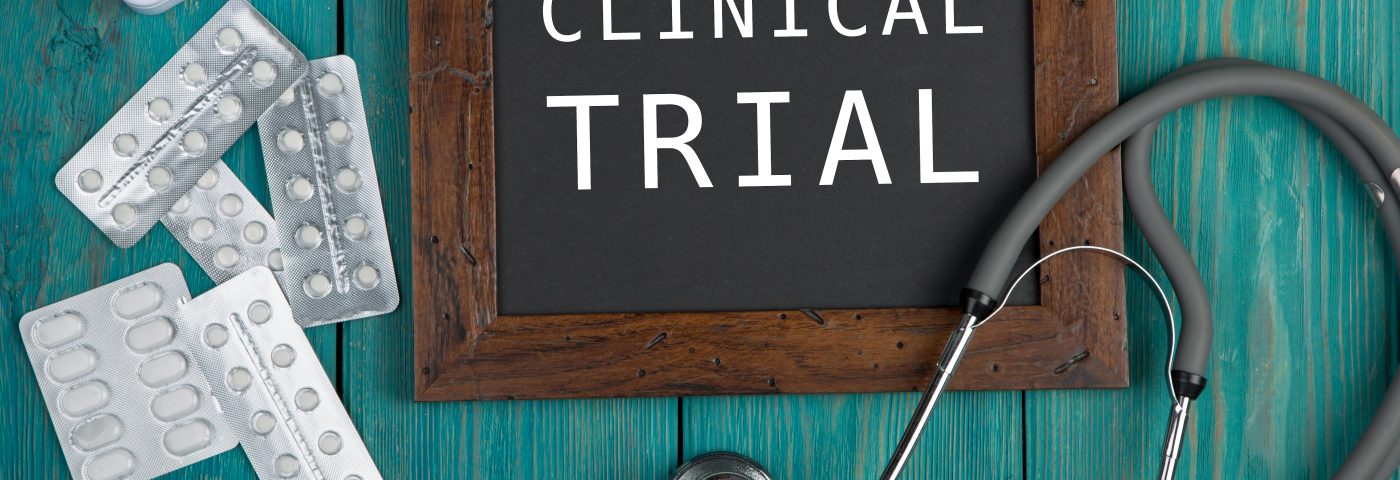New Phase 2/3 clinical trial data suggests that the gene therapy candidate Lenti-D is safe and effective for the treatment of cerebral adrenoleukodystrophy (CALD), Bluebird Bio announced.
The most recent trial results were presented at the 13th European Pediatric Neurology Society (EPNS) Congress in Athens, Greece.
CALD is caused by mutations in the gene ABCD1, which encodes for the protein ALD. These mutations disrupt ALD activity, ultimately leading to the buildup of toxic molecules in the brain.
Lenti-D is a cell-based therapy candidate being developed by Bluebird Bio. It uses stem cells collected from a patient’s bone marrow, which are then modified in the lab so that they carry a non-mutated version of ABCD1. These genetically modified stem cells are then infused back into the patient, where they can differentiate into other mature, functional cells.
It is believed that Lenti-D will allow for the production of functional ALD and support the removal of the accumulated toxic molecules.
The safety and efficacy of this gene therapy is being explored in a Bluebird Bio-funded Phase 2/3 clinical trial (NCT01896102) named Starbeam.
As of April, enrollment in the study was complete, and 32 male participants age 17 or younger had been dosed and are being followed for up to 60 months (median time 21.2 months). Of all participants, 15 have completed the initial trial plans and moved on to a long-term follow-up study (NCT02698579), 14 are still actively participating in the trial, and three are no longer participating (two withdrew, one passed away).
Those 15 patients who have completed two years of follow-up remain free from major functional disabilities (MFDs), which are severe complications that can result from CALD, including inability to communicate, wheelchair dependence, and need for a feeding tube. Of the 14 participants who are still in the study, none has shown evidence of MFDs.
Further efficacy outcome analyses showed that 30 treated patients maintained their neurologic function score following treatment with Lenti-D. Changes in the brain’s white matter generally stabilized within 12–24 months, and active brain lesions resolved in most patients after treatment.
To date, no cases of acute or chronic graft-versus-host disease (GvHD) — a serious adverse reaction that can occur when the body rejects transplanted cells — were reported after Lenti-D treatment. Three adverse events related to treatment were noted, including vomiting and bladder infection due to BK virus, which were all resolved using standard measures.
“These results support the potential of Lenti-D as a treatment for CALD, which we hope may become an option for the boys and their families affected by this devastating disease,” David Davidson, MD, chief medical officer at Bluebird Bio, said in a press release.
“I see the impact CALD has on my young patients and their families in my practice and understand the urgent need for additional treatment options,” said Caroline Sevin, MD, a neurologist at Hôpital Bicêtre-Hôpitaux Universitaires Paris Sud and an investigator of the Starbeam study. “These updated data from the Starbeam study are encouraging because there continues to be no report of graft-versus-host disease or graft failure post-Lenti-D treatment, and Lenti-D utilizes a child’s own cells, eliminating the need for a donor as well as complications that may be involved with donor cells.”
These results were discussed during an oral presentation titled “Phase 2/3 Trial to Assess the Safety and Efficacy of Lenti-D Hematopoietic Stem Cell Gene Therapy for Cerebral Adrenoleukodystrophy” (Abstract#OC036) at the EPNS congress.
Bluebird Bio is recruiting participants for a new Phase 3 study (NCT03852498, named ALD-104) designed to assess the efficacy and safety of Lenti-D after conditioning regimen in patients with CALD. The study is planned to enroll approximately 20 children and adolescents (age 17 or younger).
For more information on the study and study locations, email [email protected].
Results from a separate Bluebird Bio-funded clinical trial (NCT02204904, named ALD-103) were also presented at the congress in the oral presentation, “An observational study of outcomes of Allogeneic Hematopoietic Stem Cell Transplant in patients with Cerebral Adrenoleukodystrophy (CALD)” (Abstract#OC039).
This trial, which is currently recruiting, is evaluating the impact of allogeneic hematopoietic stem cell transplant (allo-HSCT) in boys age 17 or younger with CALD. This treatment strategy employs the same cell-based approach described, but instead of using the patient’s own modified stem cells it uses cells obtained from a donor without the mutation.
To undergo allo-HSCT treatment, all patients must receive a conditioning regimen prior to cell transplantation to prevent adverse immune reactions against the donor cells. As of February, 47 participants had received the treatment.
The most recent follow-up data suggest that allo-HSCT can be effective, improving overall survival and helping patients remain MFD-free irrespective of the stage of the disease. This treatment approach showed to be particular beneficial for patients at early stages of the disease, who had an MFD-free survival rate of 77.2% at 24 months compared with 35% in patients with advanced disease. Overall survival was 89.1% and 52.5% for participants with early and late disease.
Despite these positive results, there were multiple instances of GvHD in this group of patients. About a quarter of participants experienced acute or chronic GvHD (23.5% and 27.6%).
There was some variability based on medications used during the conditioning regimen and the donor cells’ source. Participants who received stem cells from siblings had fewer complications than those who got the cells from unrelated donors.
These results suggest that “allo-HSCT is efficacious in halting disease progression in patients with early cerebral disease, [but] there are significant transplant-associated risks,” the researchers stated.


